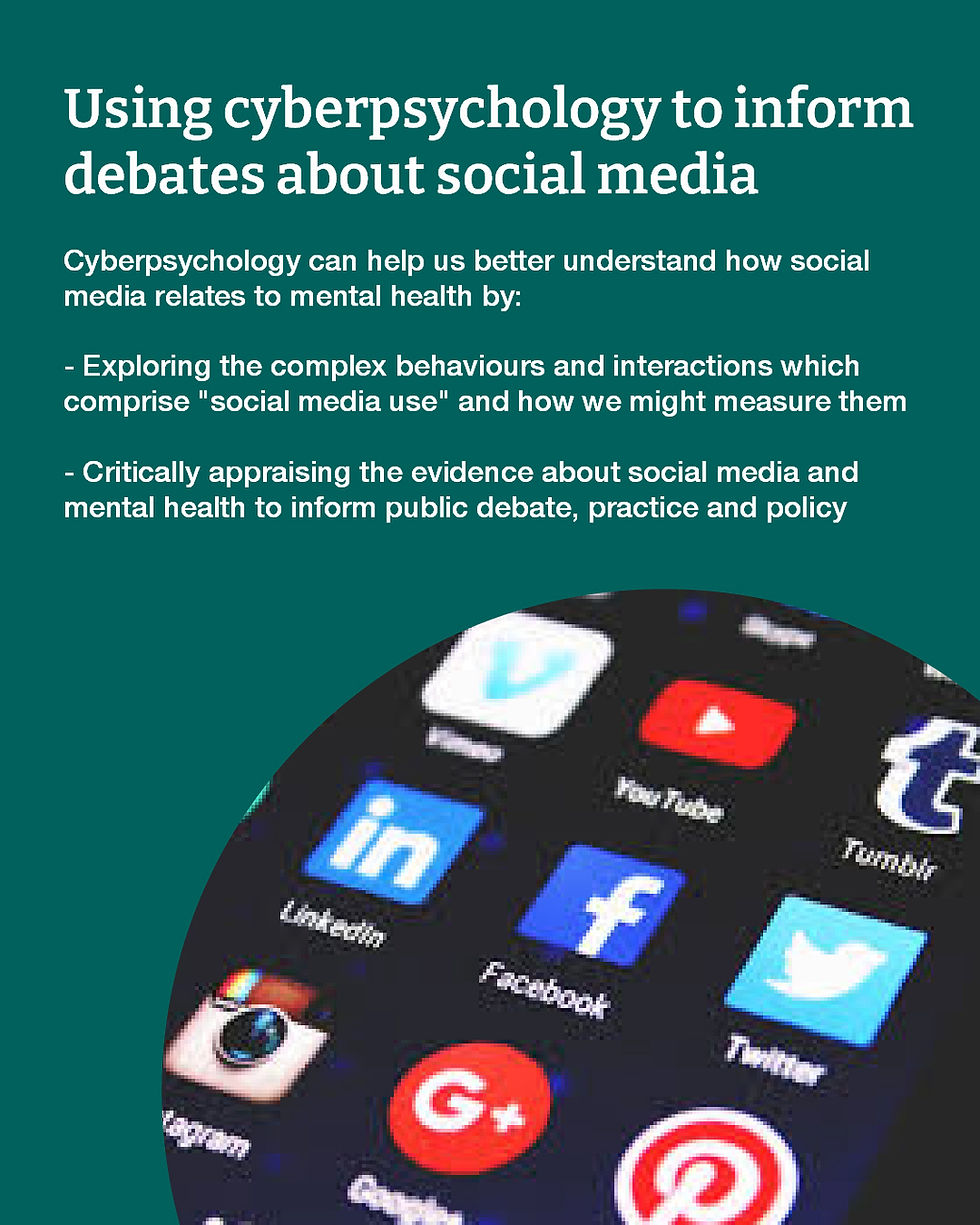Quality, not quantity is key to student support
- LindaKKaye

- Aug 4, 2017
- 4 min read
My students tell me that I’m a supportive tutor because I reply to emails quickly. This is not an isolated event and I frequently hear comments across the student body which imply that speed of communication is acknowledged as the “gold standard” for effective student support. Although, I acknowledge that timely communication may in some cases be important, this is a worrying perception which appears to be prevalent in the workings of Higher Education. Student Support is a multidimensional concept, ranging from emotional support, skill support, assignment advice, employment advice, mental well-being and much more. Arguably some forms of support may benefit from more timely communication than others, but what is missing here is how the specific form of support is supposed to function within the tutor and student relationship.
Complex role
Academic tutors are increasingly expected to be the “Jack of all trades” and provide support for a multitude of issues. Of course, many of us have roles as Personal Tutors which, rewarding as it is, puts a great deal of demand on tutors to respond to concerns which are not the “bread and butter” of our academic training or subject domain. Similar to teachers who are under increased pressure to undertake roles which do not comprise any part of teacher training provision, academic tutors are expected to support students and wear many hats which seem akin to career advisors, counsellors, social workers, financial advisors, and so on. Whilst I acknowledge that holistic support is indeed paramount to supporting students, it does question the degree to which academic tutors are able to provide the range of these support formats, and importantly, provide these effectively. What seems evident is that more types of support is seen as key, with little acknowledgement of how we judge the quality through which this is delivered.
Tutor-student relationship
Within any form of support, it is important to establish the expectations of agents within this. Clearly, in the case of a student “reaching out” to a tutor for support, he/she feels they are at the edge of their capabilities to deal with the issue at hand. Let’s take the case of academic support here, which may relate to a student not understanding a particular concept, or not know what they’re supposed to write for an essay. In this case, an academic tutor is well suited to support this. The student may email the tutor asking “what should I write for this essay?”. At this point, the clock starts ticking…………….
A quick response within say one hour or less (regardless of the content of this email) is viewed as helpful as this is a salient concern for this student, and the tutor has met their expectations of support at this point in time. However, another scenario is that the tutor responds one day later, at which point the student may now be concerned with another task or issue. A response now (no matter what the content of the email response is) may often be viewed more negatively as the tutor has violated the expectations put upon them to “support” the student when they needed it. So what is the role of the tutor here in the tutor-student relationship? Primarily, the responsibility is falling on tutors to be active responders, which is many cases almost feels like being First Responders in the Emergency Services. At this point, it is usually the case that the student has shifted the agency towards the tutor and away from themselves, and with that, their own engagement in solving the issue. This disjoints the student from their own agency in their experiences which is highly problematic when considering that Higher Education is designed for supporting individuals in their self-regulation capacity, autonomy, independence, and in becoming lifelong learners.
The Hare and the Tortoise
Using the famous “Hare and the Tortoise” analogy is quite illuminating when discussing these issues. Let’s assume the “quick fix” email communication is the hare in this example. This is a fast-paced approach which somewhat lacks persistence and engagement in the task, which ultimately results in an overall loss. This may reflect the quick communicational methods such as email and the expectation that this will influence a quick response from the tutor. However, we tend to forget that email is not a synchronous channel of communication and by its very nature, fosters a “to me, to you” ethos, somewhat reflective of a Chuckle Brothers’ exchange. Within this, the agency is transferred accordingly. However, the tortoise approach may be more effective overall. In this case, the tutor responds and may ask the student to come in for a meeting to discuss the issue. Albeit less timely, this promotes dialogue, and as such, the balance of agency and responsibility is shifted more appropriately. Additionally, the tortoise approach allows time for reflection, review and consolidation, all of which can be important in a student’s own appraisal of the issue.
Implications?
So what are the implications of this? One concern I have is that Universities will be encouraged to utilise 24/7 communication or the “call centre” approach to student support. This is not a good idea. Academic support should not operate on a 24/7 basis. This is not a healthy or effective way of working, and in the context of young people’s mental health, does not create an environment in which they can “switch off” from working, or helps them foster self-regulatory capacity. Accordingly, the same goes for tutors who already have increasing responsibilities and demands on their time. Instead let’s create environments which permit quality dialogue, rely less on email as a communication for supporting students, and not restrict self-regulation capacities and well-being.



Comments